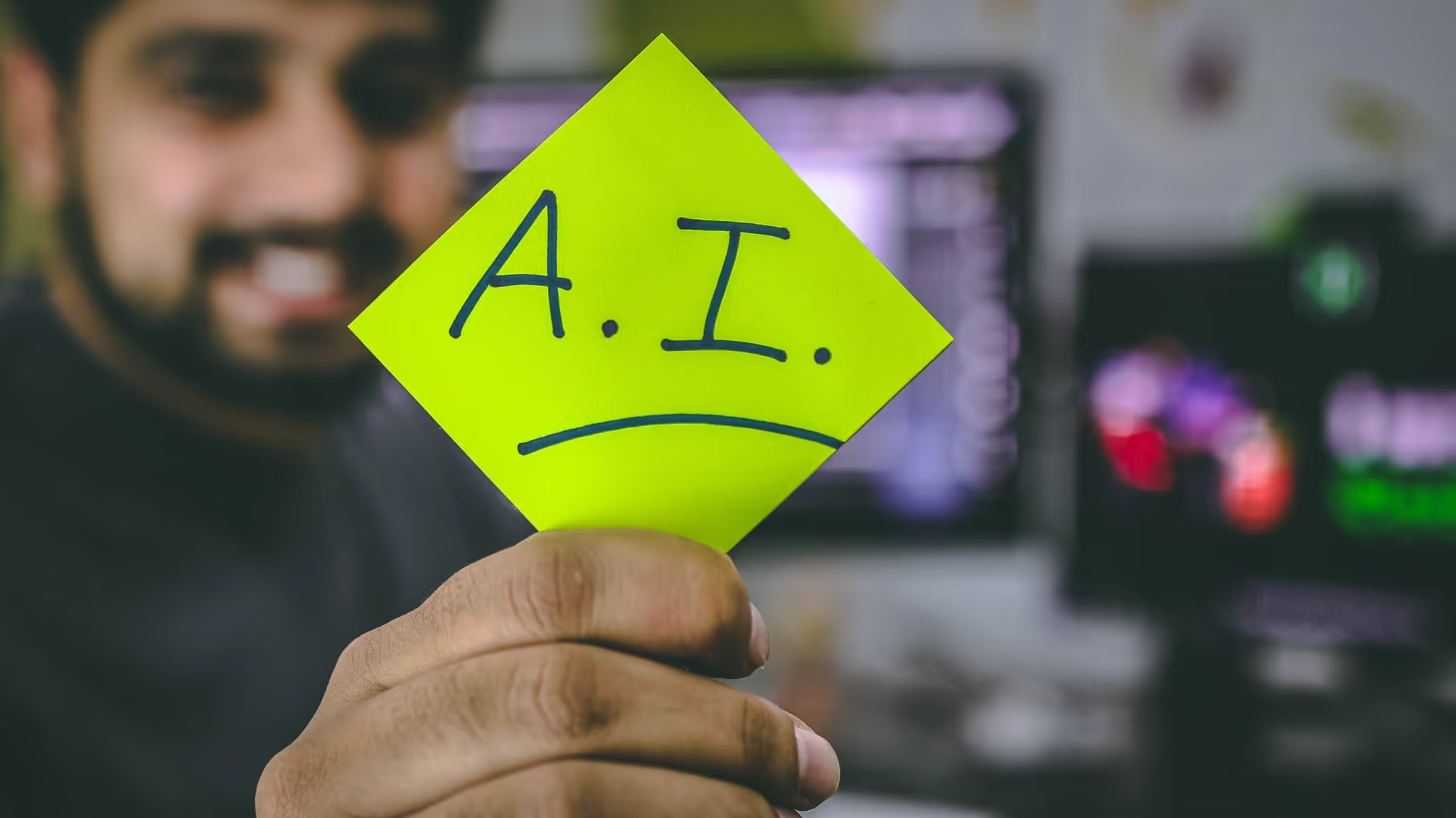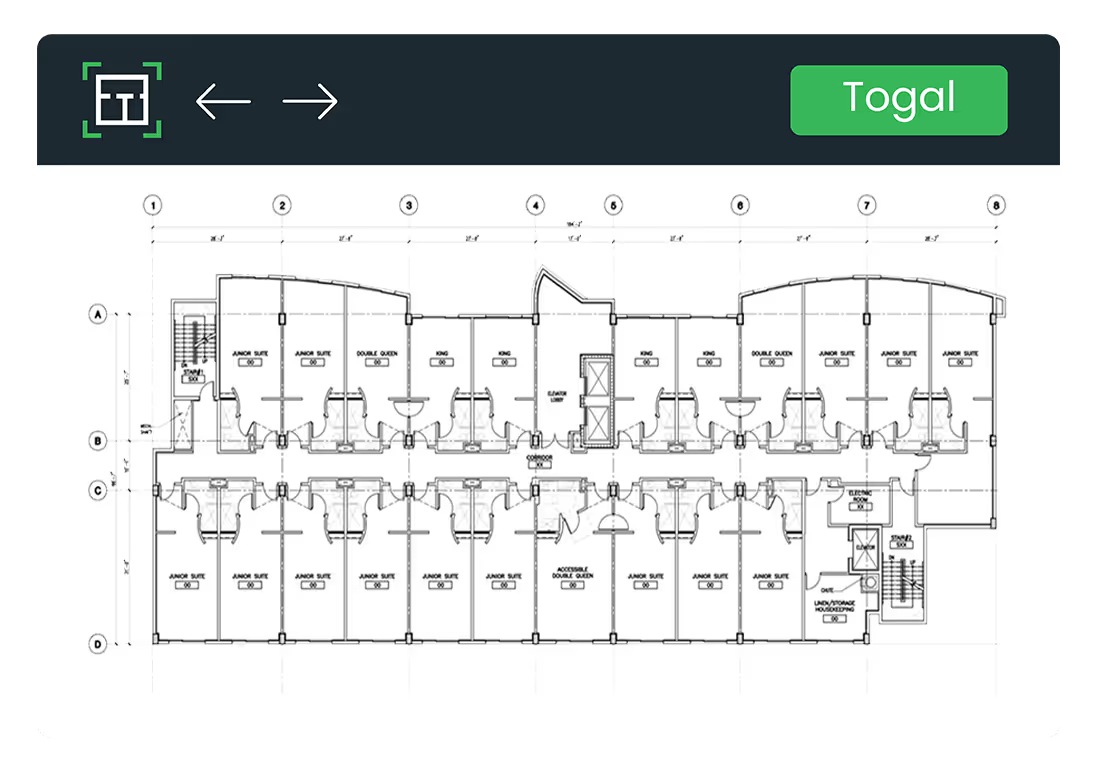PUBLISHED: NOVEMBER 9, 2023

AI technology is making inroads in a variety of industries, automating tasks and processes that used to require human effort, while also enabling labor and cost savings.
Leaders across business sectors including construction, consulting, and health care and life sciences recently participated in a roundtable discussion, part of the inaugural AI Impact Summit, presented by Future PLC and SmartBrief, to shed light on the technology’s impact and discuss the natural progression of AI in their respective fields. Jon Steinberg, CEO of Future, hosted the session.
Bagirathi Narayanan, senior vice president and chief architect at Teladoc Health, noted the COVID-19 pandemic’s far-reaching effects on the use of AI, explaining that Teladoc was “born digital” in the virtual health space and already felt at home with the technology. The pandemic accelerated its development and cemented convictions about its necessity.
“AI will further turn it up a notch, infusing a pressing sense of urgency for digital transformation,” Narayanan said. “What PCs and smartphones did for computing, and what the internet did for your data and the information revolution, is what AI and especially these large language models will be doing for digital transformation – completely democratizing the technology.”
Patrick Murphy, founder and CEO of Togal.ai, said his field, construction, has one of the least digitized footprints and flattest productivity curves of any industry, so there is ample opportunity for AI to boost efficiency and generate value. The main reason is the fragmentation of data, Murphy noted. Every building project is unique and comes with its own large set of data, whether it’s a home, office building, hotel or other structure. In the past, all of that detailed information had to be processed manually.
“Finally, because of AI, and now generative AI, it is affordable to process the sheer amount of information and fragmented data, access that and put it forward in a manner that we’ve never had the capability for before,” Murphy said.
Tim Hertzig, principal at Deloitte Consulting, agreed that generative AI is creating an “iPhone moment” for digital transformation, and it already is changing the way people work in the consulting space.
“We’re seeing a lot of different applications of AI, and specifically generative AI, that people are looking at,” Hertzig said. “Internally within Deloitte, we are looking at how we leverage generative AI to accelerate the work that we do, and do it more efficiently and drive better outcomes for our clients.”
The company’s digital platform, Deloitte Ascend, has embedded AI in its processes in the past few years, and it is being used for tasks like autonomous coding and the creation of training materials.
How AI can help industries
Narayanan said AI’s impact on health care should be viewed from the consumer and clinician perspectives.
“Netflix knows me and is able to give me recommendations based on my [viewing] patterns, so why not health care, which is collecting so much information from the patient?” Narayanan said. Teladoc is testing out activities like personalized emails to engage patients and notifications for chronic condition management.
“Say I’m a type 2 diabetes patient, and [my provider] says, ‘We see you have only taken two glucose tests today, and your A1C seems to be spiking a little bit. Make sure you have a goal of taking four glucose tests per day.’ With AI, the content generation for this personalized intervention can be set to different tones,” including positive or persuasive ones, Narayanan said.
And on the clinician side, ambient scribing may help reduce administrative burden. Physicians can use technology to get a snapshot of a patient’s health before an appointment, record interactions during the appointment and create a summary of the encounter.
Murphy said project estimating is among the tasks with the greatest potential for AI use in construction. In the past, estimators could take days or even weeks to assign pricing to quantities of drywall, concrete or paint, but AI can help staff do that and other tasks instantly. Murphy noted that if a person can view a set of plans and determine where a wall should start or end, or plot the difference between a bathroom or bedroom space, a computer should be able to do the same. “It just needs the training data,” Murphy said.
Hertzig said some of the most interesting cases he has seen include supply chain projects where AI can be used to understand inventory and stocking at clients’ distribution centers. AI can help staff identify where problems exist and what solutions can be deployed.
The future of AI
Hertzig said he expects generative AI to become “ubiquitous.” As large language models become more robust and accurate, the technology will appear in nearly everything we do, Hertzig predicted.
Murphy cited concerns about the potential for hacking and fraud, and he advised that young workers stay up on the latest technology as it relates to their career progression.
Narayanan said AI is full of potential and soon will be seen as a “work companion” for employees. From a patient perspective, it will fill the role of a personal health guru or coach. It will be available through a person’s smartphone at all times, Narayanan said, synthesizing data from health wearables and electronic medical records – and it will offer personalized, preventive advice so that medicine “will truly become health care,” not just sick care.
Hertzig said it’s hard to think too far down the road because AI is evolving so rapidly, but “everyone’s going to be adopting it.”
AI is “going to fundamentally change the way industries work,” Hertzig said. “I think that’s the biggest disruptor.”
Subscribe to SmartBrief’s FREE email newsletter on leadership. It’s among SmartBrief’s more than 250 industry-focused newsletters.
Read the full story here: https://corp.smartbrief.com/original/2023/11/industry-leaders-ais-impact-far-reaching-transformative


